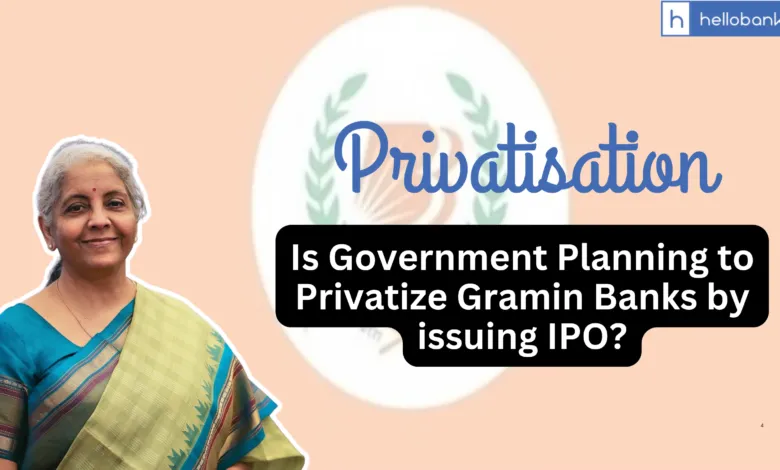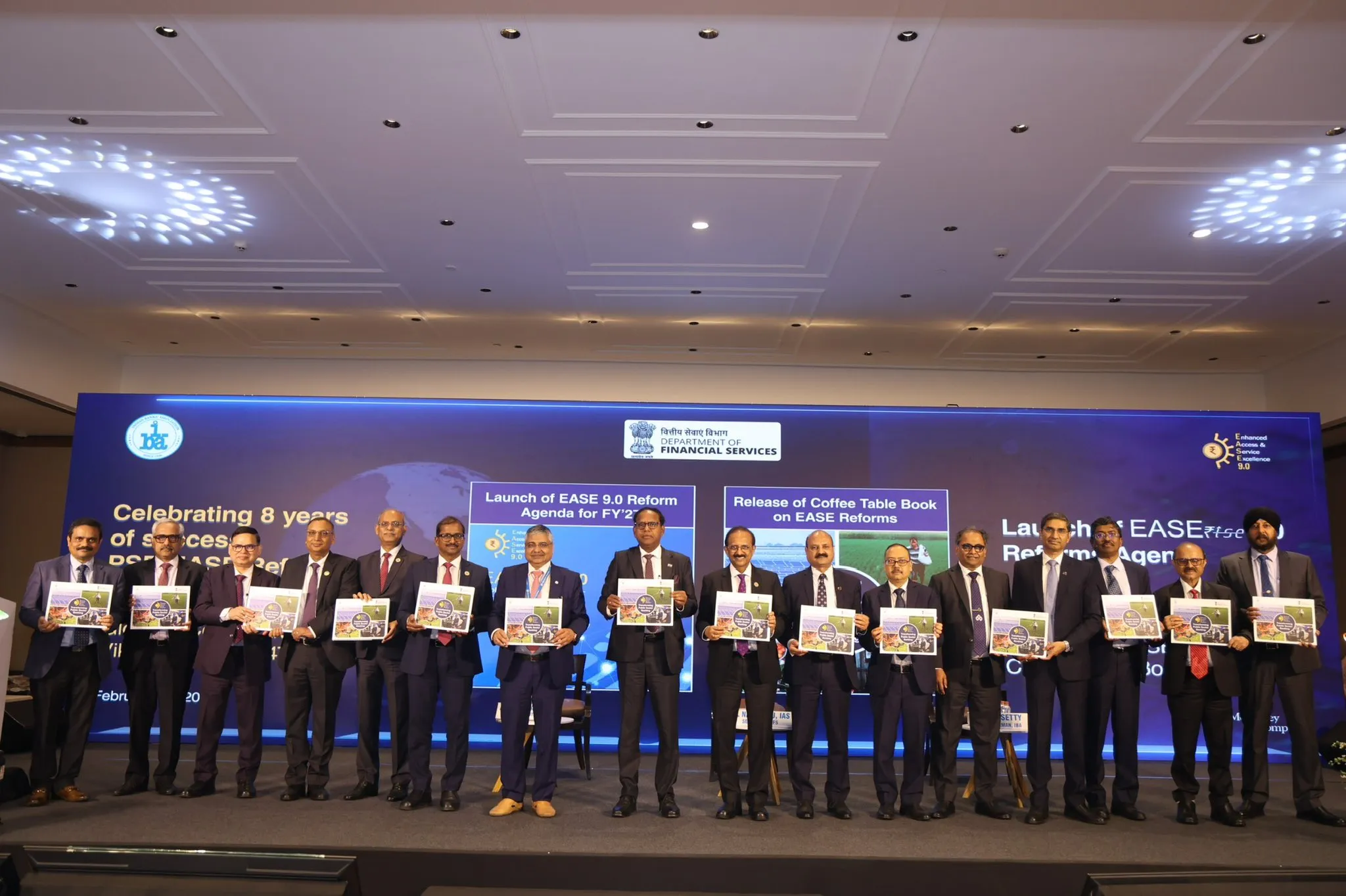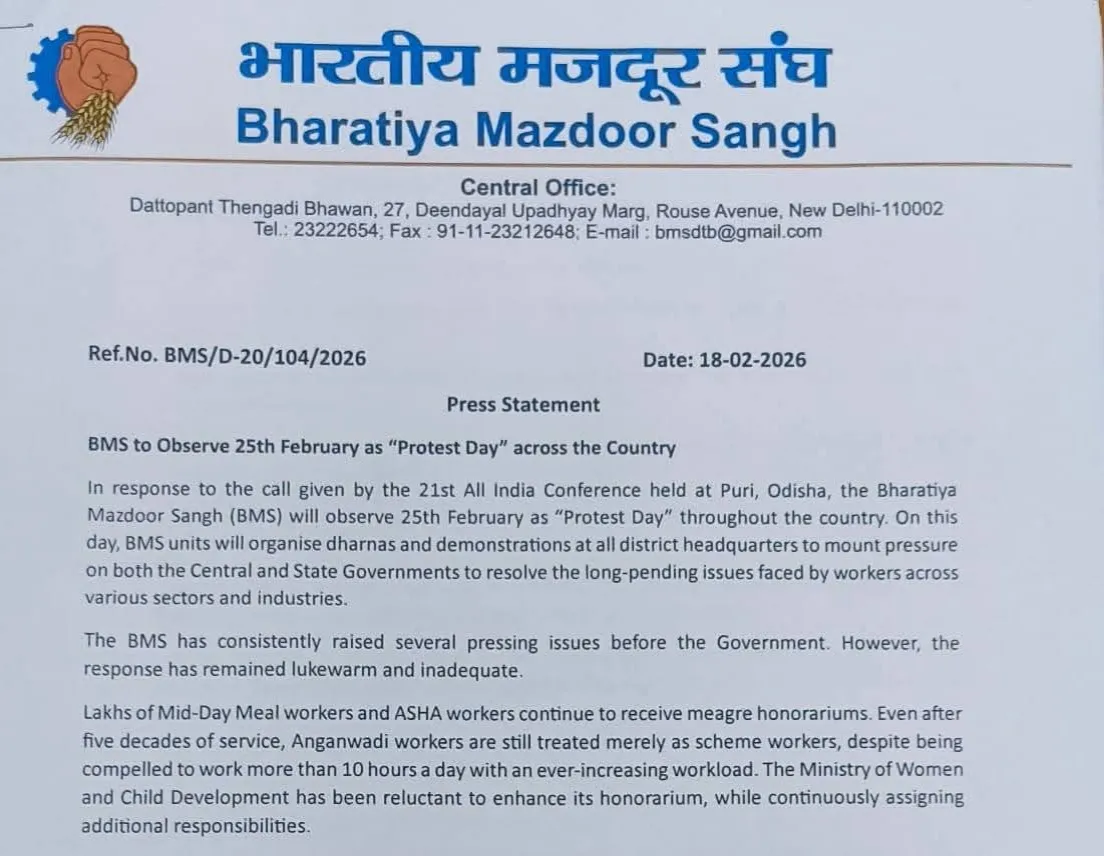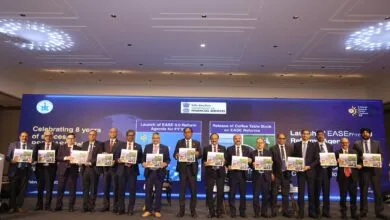Is Government Planning to Privatize Gramin Banks by issuing IPO?

Recently, the Government of India has announced to launch IPO of Grameen Bank (Regional Rural Banks). The Government is planning to take RRBs to Stock Market [Click here to read full news]. The Government is planning to infuse more capital in RRBs through market but the employees are fearing that it might lead to privatisation. Recently, the Government of India holds majority stake in RRBs.
Gramin Banks, also known as Regional Rural Banks (RRBs), are financial institutions created to serve rural areas, especially farmers, small business owners, and low-income groups. They are jointly owned by three parties:
- The Central Government (owns 50%)
- The Sponsor Bank (owns 35%)
- The State Government (owns 15%)
If the RRBs get listed on the Stock Market, then surely the stake of the central and state governments might decrease in the bank. This is the same case as happens in most privatisations. First, the government decreases the stake by a small margin, and then the stake is decreased slowly and slowly over the years. You can understand this with the help of the example of IDBI Bank. The government is selling its stake in IDBI Bank to privatise the Bank. But, this has its own benefits – the RRBs will be able to raise more money from the market and improve the overall functioning and infrastructure of the bank.
A joint meeting of the employee unions from North Bihar Gramin Bank and South Bihar Gramin Bank was held on Sunday at the AN Sinha Institute in Patna. The meeting brought together leaders and members from various bank unions to discuss a major concern — the central government’s plan to privatize Gramin Banks by issuing an Initial Public Offering (IPO).
These banks play an important role in rural development by providing affordable credit and banking services in villages.
Why Are Unions Opposing the IPO?
According to DN Trivedi, General Secretary of the United Forum of Gramin Bank Unions, the central government plans to sell up to 36% of its stake in Gramin Banks. This would reduce the government’s control and open the door to privatization. Trivedi emphasized that bank unions across the country will strongly oppose this move.
The unions believe that privatizing Gramin Banks could hurt rural customers who rely on these banks for support. They fear that private ownership may shift the focus from social welfare to profit-making, which could reduce services to small farmers and the poor.
Background of the Privatization Efforts
Efforts to privatize Gramin Banks have been ongoing since 2015. One key step in this process was the government’s push for “One State, One Gramin Bank,” which led to the merging of smaller Gramin Banks within each state. This was seen as a preparation for future stake sales through the stock market.
Who Attended the Meeting?
The meeting was chaired by Pradeep Kumar Mishra and Brahmeshwar Kumar. Several other key union leaders were also present, including:
- Anirudh Kumar, General Secretary of Bihar Provincial Bank Employees Association
- Kumar Arvind, National Vice President of AIBOA (All India Bank Officers’ Association)
- Mohd. Nadeem Akhtar, Neeraj Chaudhary, Rajiv Prakash, Kundan Kumar Rai, and others
All the attendees expressed concern about the government’s disinvestment plans and vowed to raise their voices nationally.



